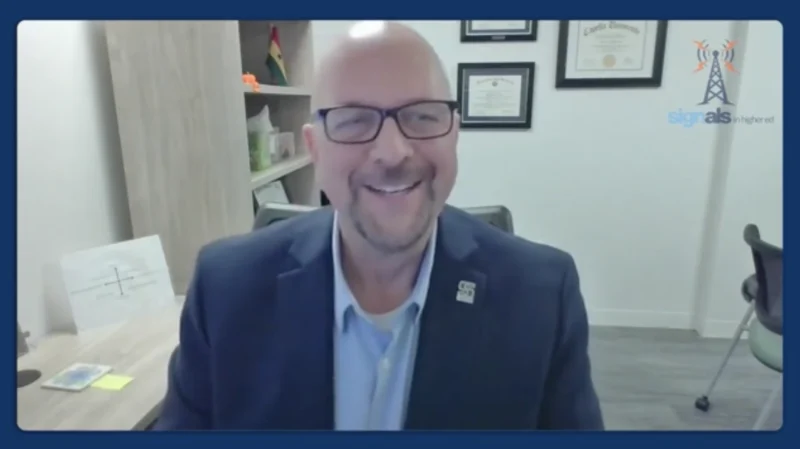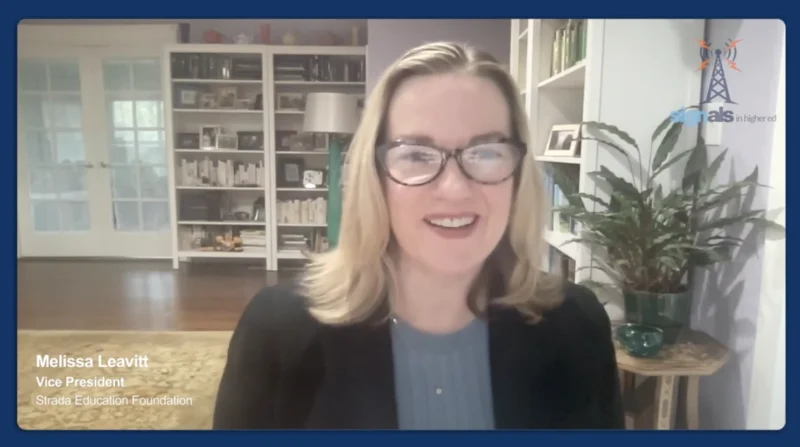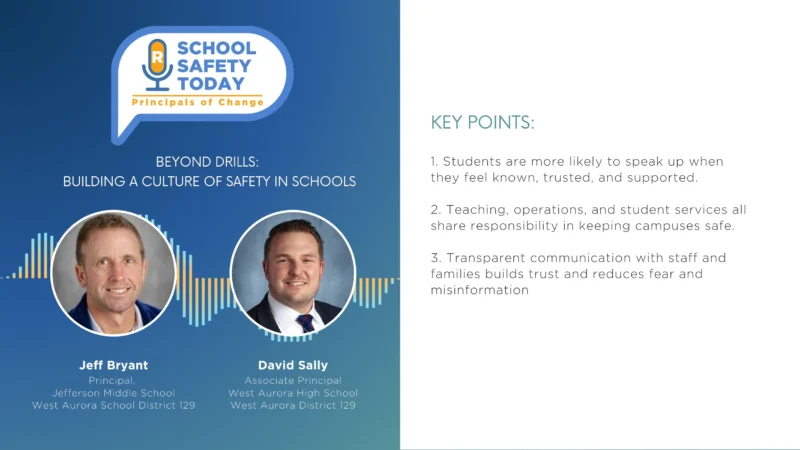The Dark Side of School Funding: Where Does the Money Really Go?
In an era where the safety of our educational institutions has never been more critical, the latest episode of SecurED dives headfirst into the imperative conversation surrounding school security. The pressing question at hand: Are quick fixes and high-tech solutions really the answer? With a surge in security spending, it’s time to take stock and examine why strategic planning should be the bedrock of our safety measures.
Hosted by Mike Matranga and co-hosted by Mike Monsive, this episode casts a spotlight on the consequences of rash security decisions. The focus here is not merely on the problems but, more importantly, on the solutions: the necessity of a systematic approach to school safety, including well-thought-out protocols and strategies.
Key Takeaways:
- Needs-Based Security: Discover why prioritizing immediate security needs with cost-effective solutions should take precedence over flashy, unproven technologies.
- Accountability and Preparedness: Uncover the reasons why educational institutions must be held responsible for crafting holistic security plans, encompassing emergency protocols, behavioral threat assessments, and concrete action plans.
- Misleading Market Trends: Gain insights into the world of quick fixes and unverified security products, and understand why a discerning approach to security investment is essential.




